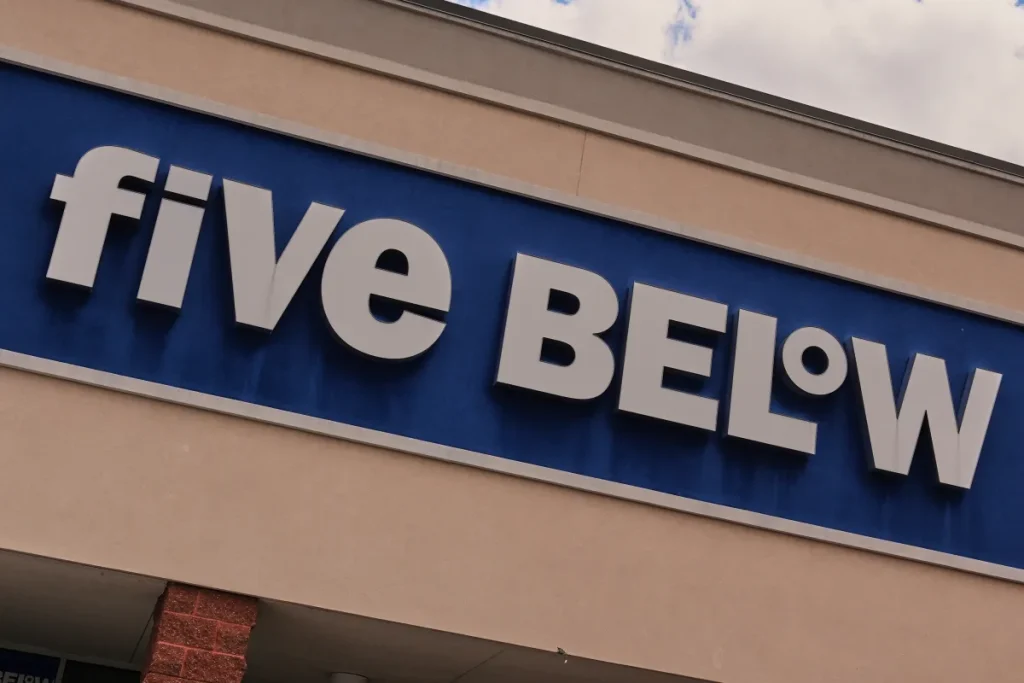The Wicked-Five Below Controversy: When Marketing Choices Raise Eyebrows
In a situation that highlights how product design choices can inadvertently touch on sensitive cultural issues, discount retailer Five Below has come under scrutiny for its recent “Wicked” movie merchandise collaboration. Social media users have raised concerns about products featuring Elphaba, the green-skinned character, being watermelon-scented, with some calling the choice racially insensitive given historical stereotypes connecting watermelons to racist caricatures of Black Americans.
The controversy gained traction after a TikTok video showed consumers examining the Wicked-themed merchandise while questioning why watermelon was selected for Elphaba-branded items. “I’ve got some questions… Who did this merch? No one thought Green Apple, Kiwi, Cucumber, Grape (green), the list goes on, might have been better options than WATERMELON for Elphaba?” wrote the creator, who identified themselves as a “Wicked Stan.” This reaction points to a broader awareness of how seemingly innocent marketing decisions can unintentionally evoke harmful stereotypes. According to the National Museum of African American History and Culture, the watermelon stereotype has painful historical roots, stemming from the post-Civil War era when many freed African Americans grew and sold watermelons for economic independence. In response, many white Southerners transformed the fruit into a symbol of supposed uncleanliness and laziness, creating dehumanizing caricatures that persisted for generations.
The online discussion reveals various perspectives on the product line’s development. Some commenters suggested practical explanations for the watermelon scent choice, noting that “Watermelon and Strawberry are the easiest to make and this stuff is meant to be mass produced.” Others speculated that the decision may have been purely data-driven, with one Reddit user commenting, “I’m sure the conversation was about which green-colored scent has had the highest sales and watermelon won out.” This perspective highlights how business decisions made without diverse input might overlook important cultural considerations. Another interpretation offered was that the watermelon scent might represent a deliberate symbolic choice reflecting the musical’s themes: “Elphaba on the outside, Galinda on the inside” – referencing how the green exterior of a watermelon contains pink flesh inside, mirroring the color associations of the two main characters.
The range of public reactions demonstrates how differently people can perceive the same marketing choice. Some social media users expressed strong criticism, with one X user writing: “nah this was definitely racially motivated… I have never seen watermelon flavored/scented anything be green, it’s always pink or red. this is diabolical.” Others suggested alternative approaches that could have avoided the controversy entirely, such as using “Cucumber Melon” branding to “dilute the racial implications.” Yet another segment of commenters felt the controversy itself was an overreaction, with one Reddit user stating: “I mean y’all are the ones making it racist, I did not think twice about it when I saw it in Five Below.” This spectrum of responses highlights the subjective nature of interpreting product marketing in our complex social landscape.
This incident serves as a case study in how seemingly minor product design choices can unexpectedly intersect with deeper cultural issues. While there’s no evidence suggesting Five Below or the Wicked production team intended any racial connotation, the situation demonstrates why diversity in marketing and product development teams matters. Representatives with different life experiences and cultural backgrounds might have flagged this potential association before the products reached shelves. As companies increasingly collaborate on entertainment merchandise, this controversy underscores the importance of cultural sensitivity checks alongside traditional market research. Even when decisions are made based on sales data or manufacturing convenience, companies benefit from considering how their choices might be perceived through different cultural lenses.
As “Wicked: For Good” prepares for its theatrical release, this merchandise controversy offers a timely reminder about the responsibilities that come with marketing beloved entertainment properties. Whether the watermelon scent was chosen for practical manufacturing reasons, based on sales data, or as a thematic color reference, the varying public reactions demonstrate how intention and perception don’t always align. In today’s interconnected media landscape, where consumer feedback is immediate and amplified, brands and entertainment companies face increasing pressure to anticipate how their product choices might be interpreted across different communities. While some may view such concerns as oversensitivity, others see them as opportunities for more thoughtful and inclusive marketing approaches that consider the full historical context in which products exist.


